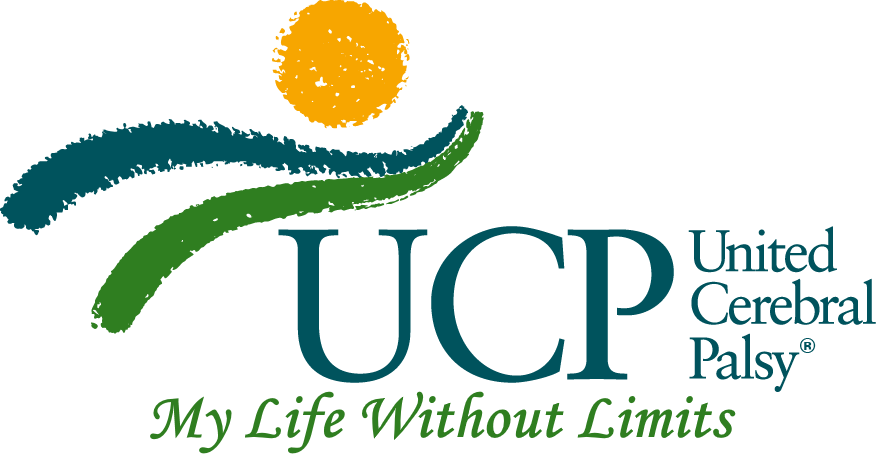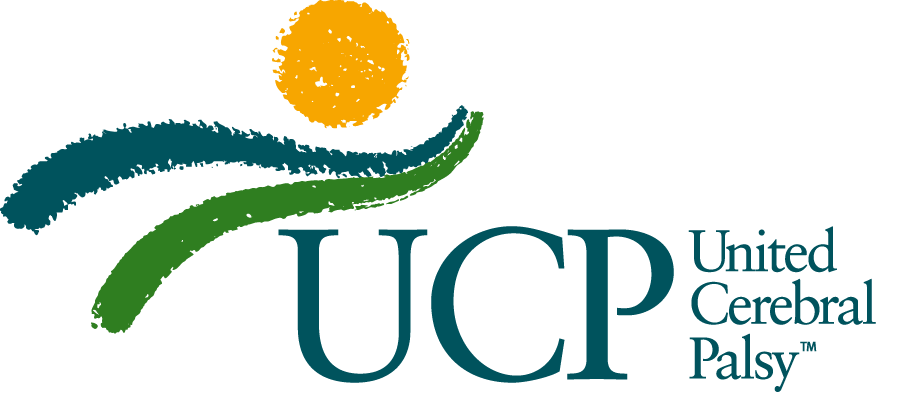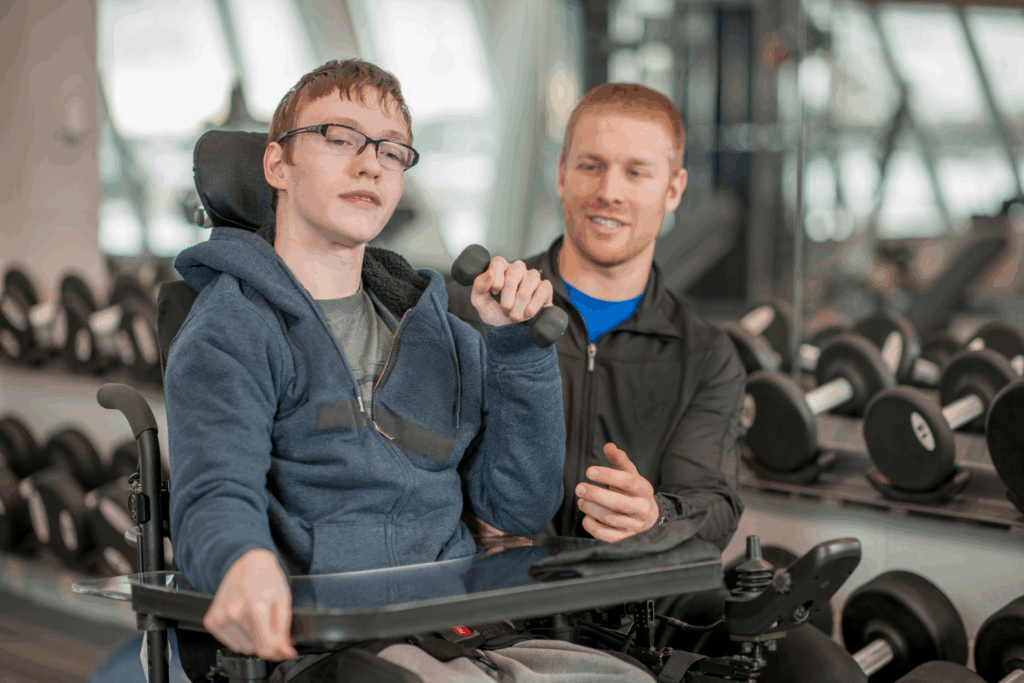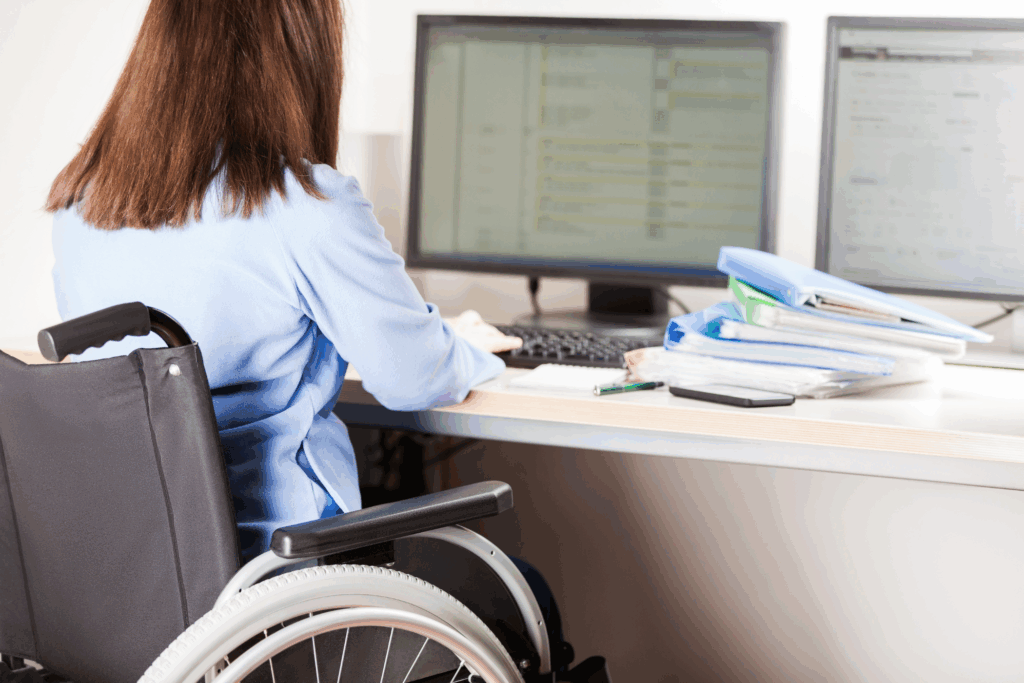By Jennifer Caspari, Ph.D.
Living with cerebral palsy (CP) has provided many learning opportunities and lessons. It has taught me to have agency over my actions and move toward what is important to me. CP has highlighted that some aspects of my life are unchangeable and out of my control, and that I can also choose to go after what I want.
A Career Rooted in Empathy and Purpose
CP has influenced my professional dedication to health psychology, my understanding of the psychological aspects of health and well-being, and my empathy for others. Throughout my career as a clinical psychologist, I have worked in a variety of settings, including hospitals and medical clinics, and much of my career has focused on helping people with disabilities and acute and chronic health conditions improve their daily functioning and quality of life, and guiding people in taking values-based action that facilitates a sense of meaning and purpose.
Bridging Personal Experience and Clinical Expertise
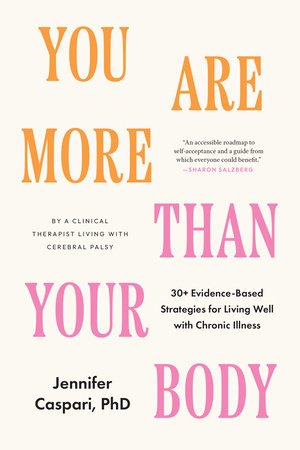
I wrote You Are More Than Your Body because I believe my knowledge and skills as a clinical psychologist, along with my lived experience as a disabled woman, can benefit others. I have spent the past 25 years learning and practicing psychology and have cultivated my interest in and empathy toward others for even longer. I hope my experiences provide a sense of human connection and allow readers to feel seen and understood.
My clinical work aims to empower my clients to live the life they want to live, a life that feels meaningful. It is normal to feel stuck or to feel like you are simply existing. Yet, it is possible to get unstuck and take realistic and doable action to improve well-being and quality of life even when challenges and difficulties exist. My book is aimed at giving readers the tools to do just that, but here are two helpful skills you can use now.
The 5-4-3-2-1 Grounding Technique
Grounding skills are skills that use the senses to calm and ground you in the present moment when you are feeling emotionally overwhelmed, caught in your thoughts, or generally disconnected from the present moment. When you notice yourself feeling overwhelmed or disconnected from the moment, pause, take a couple of slow breaths, and practice the 5-4-3-2-1 Grounding technique:
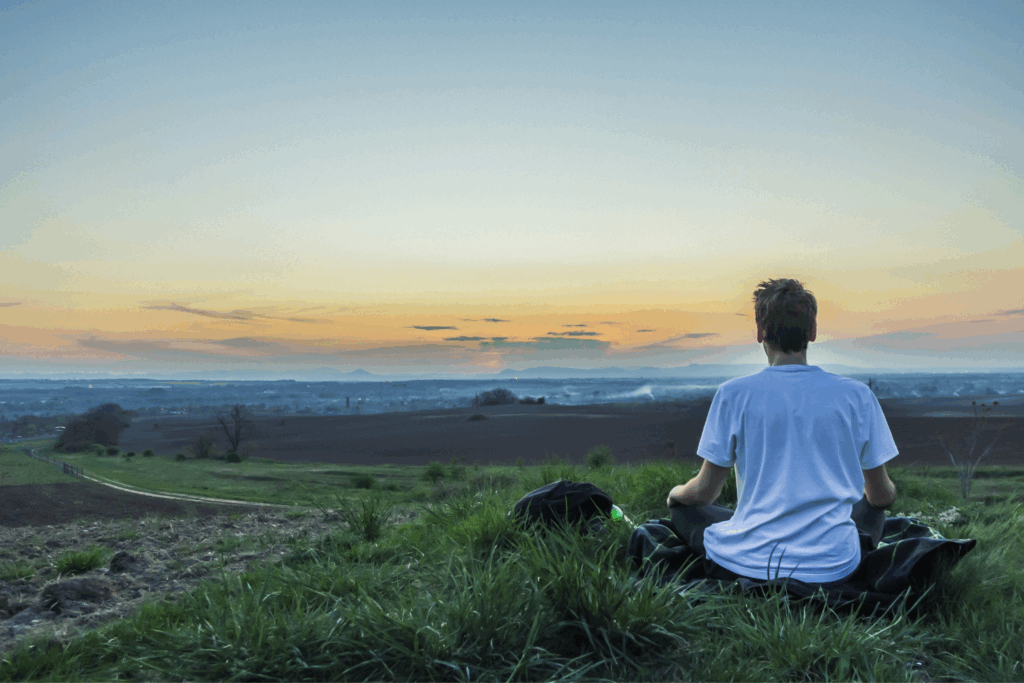
- 5: Name five things you can see around you. This can be anything in your environment that you see.
- 4: Name four things that you can touch around you. This may be the chair or couch you are sitting on, the ground beneath your feet, a piece of clothing, and so on.
- 3: Name three things that you can hear. This can be any external sound you hear. Maybe you hear an air conditioner, a car, a bird outside, or music playing.
- 2: Name two things that you can smell. Maybe you can smell scented lotion or a candle. If you can’t smell anything in the moment, you can name two things you like the smell of.
- 1: Name one thing you can taste. Are there any tastes in your mouth like gum, coffee, or food you recently ate? If not, you can name one thing you like the taste of.
It can also be helpful to end the exercise by naming one thing you like about yourself.
Lengthen Your Exhale Breathing Exercise
The exhale part of the breath is like the brake in a car; it slows your nervous system down. One type of relaxation breathing is to lengthen your exhale intentionally. If, for example, you naturally inhale to about a count of 3, you would practice exhaling slowly to a count of 5 or 6. In general, it is helpful to make the exhale about twice as long as the inhale.
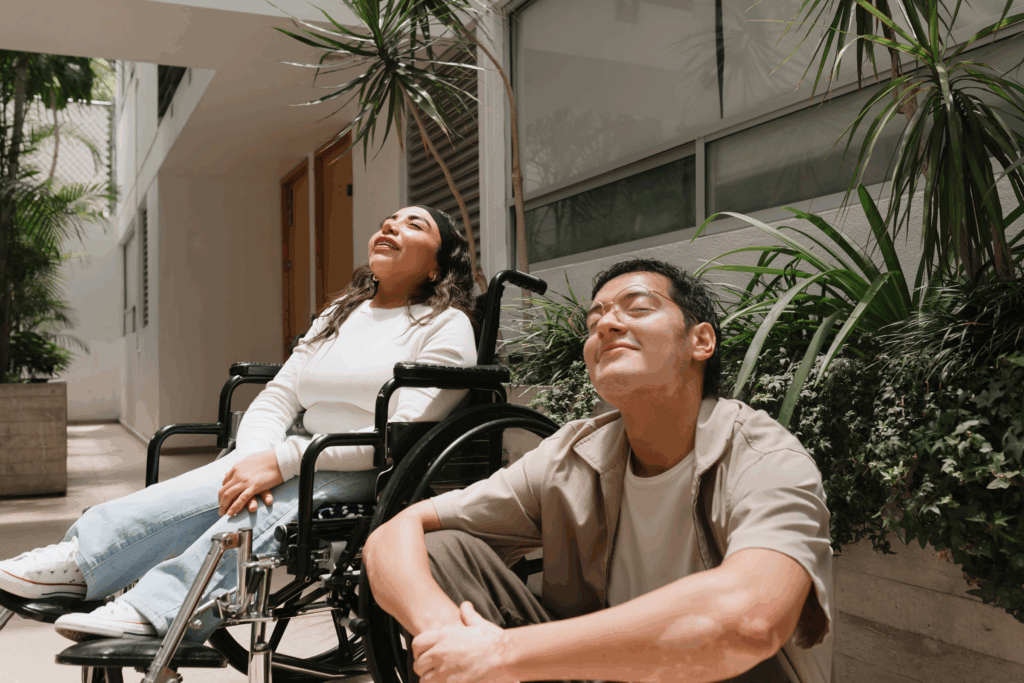
To practice this type of breathing, I encourage you to stop what you are doing a few times a day, or whenever needed, and for a couple of minutes, take slow breaths focusing on lengthening your exhale. It may be helpful to count to yourself as you inhale and exhale. So, slowly count 1, 2, 3 as you inhale, and then slowly count 1, 2, 3, 4, 5, 6 as you exhale. If you get distracted, gently return your attention to your breathing.
Aim to practice for about two to five minutes. If you are feeling a moderate to high level of distress, practicing this exercise for longer, about ten minutes, will be beneficial. This can be a great exercise to practice when pain, stress, or anxiety, for example, are increasing, yet you don’t have to wait to practice! The more you practice breathing exercises when you are feeling generally calm, the more likely you will remember to use them when distress increases, and the more effective they will be.
Building Resilience Through Daily Practice
Living with cerebral palsy has taught me that while some challenges are out of our control, we still have the power to choose how we respond and what we move toward. My hope is that the insights and tools I’ve shared offer a starting point for anyone feeling overwhelmed or stuck. With small, intentional steps, it’s possible to create a life rooted in purpose, connection, and well-being.

About the Author
Jennifer Caspari, Ph.D., is an Associate Psychologist with Cognitive Behavioral Therapy Associates of Denver. Dr. Caspari specializes in delivering evidence-based psychotherapies to adults with acute and chronic health issues, including chronic pain, chronic fatigue, sleep difficulty/insomnia, cancer, body image issues, disordered eating, and other health concerns. She also provides evidence-based psychotherapies for stress/adjustment issues, grief, anxiety disorders, depression, mood disorders, relationship concerns, and trauma. She is the author of You Are More Than Your Body, a gentle, supportive guide to developing coping skills and improving quality of life for people with disabilities and chronic illnesses. Find it wherever books are sold.
